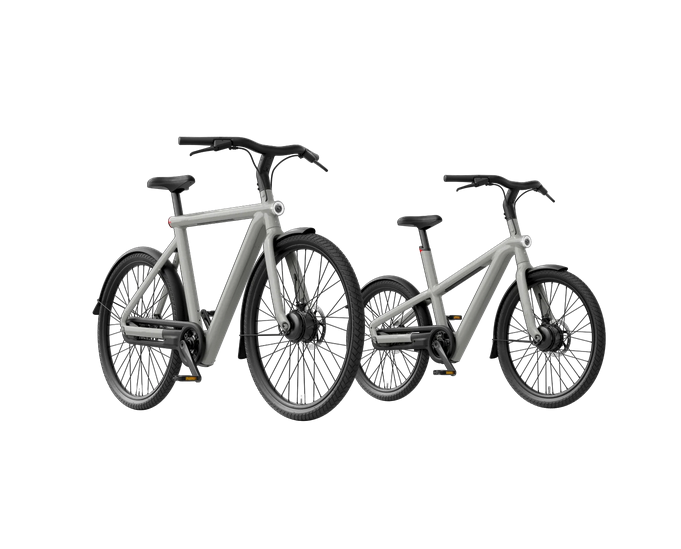
McLaren Applied acquires bust Dutch VanMoof e-bikes

The Carlier brothers used to develop and design all parts and software themselves. The result were these hip and trendy e-bikes for urban use /VanMoof.com
On Thursday, the British e-scooter manufacturer Lavoie, backed by Formula 1 supplier McLaren Applied, announced that it will acquire the rec


Comments
Ready to join the conversation?
You must be an active subscriber to leave a comment.
Subscribe Today